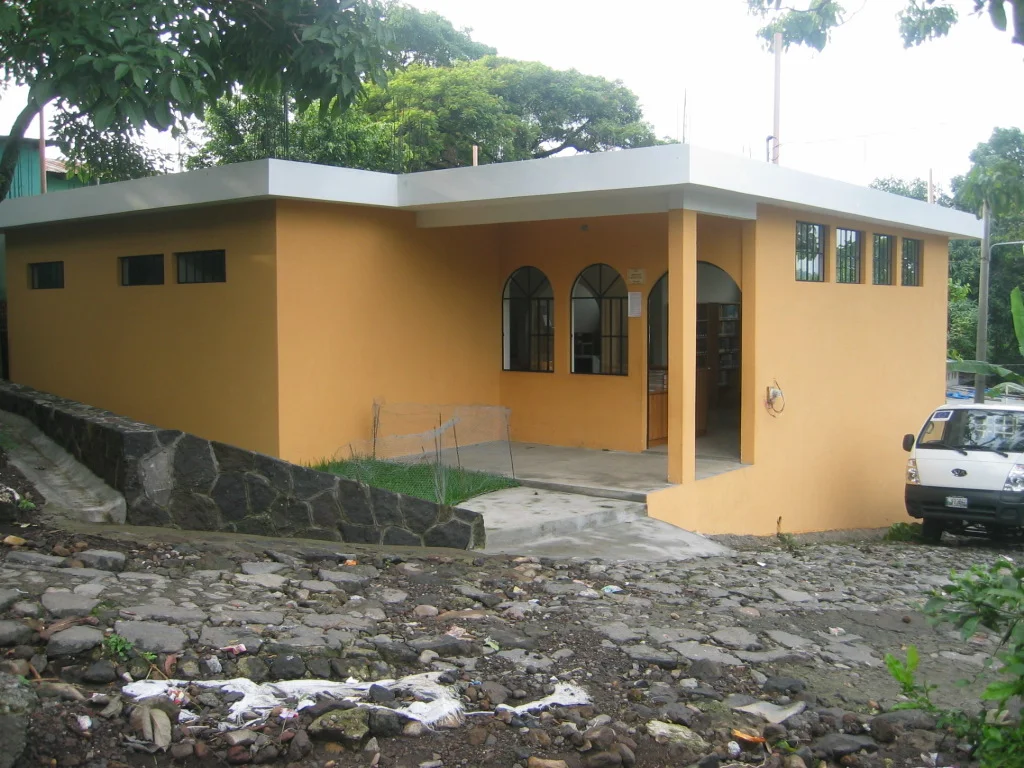Quixaya, Guatemala Library Project
Type of Project: Financial Management
Request: Donation Management
Location(s): Quixayá, Guatemala
Recipient: Quixayá Library
The community of Santa Cruz Quixayá, Guatemala dreamed of a community library for several years. After a failed attempt in their local Cooperative, they sought the assistance of two foreigners living in their community. Through that relationship Trade Palms was requested to manage donations received in the US for the construction and on-going development of the Quixayá Library.
In 2003, when the project began, Quixayá was the home to approximately 900 people, the majority of whom were children under the age of 15. Quixayá had no established businesses in the community except for a Cooperative and a few home-based stores with limited offerings. However, Quixayá was the home to two schools—a primary kindergarten through 6th grade and CEMSAC (a middle school focusing on Mayan values and developing their mother tongue, Kacquikel)—making Quixayá a perfect location for a library.
Biblioteca Quixayá, translated into English as the Quixayá Library, opened as a fully furnished and staffed institution on February 4, 2006 and continues to flourish today. Receiving approximately 2,000 users monthly, the library serves Guatemalans from five communities and has users visit from up to 30 minutes away because they have heard about the quality and variety of books and services offered at the library. From books, to computers, to reading programs, the Quixayá Library is striving to be a full service, community supported library where people of all ages congregate to read, not just for homework, but for enjoyment.
The Board of Directors, comprised of five local women, and two full time librarians provide daily oversight of the Quixayá Library. To date, the library is generating income from selling printed pages and various school supplies in order to pay the light bill, clean and maintain the daily needs of the library. On-going support for salaries, training and some capital items such as books, bookshelves, tables and chairs, is still received from foreign donors until the library can become fully self-sufficient.




